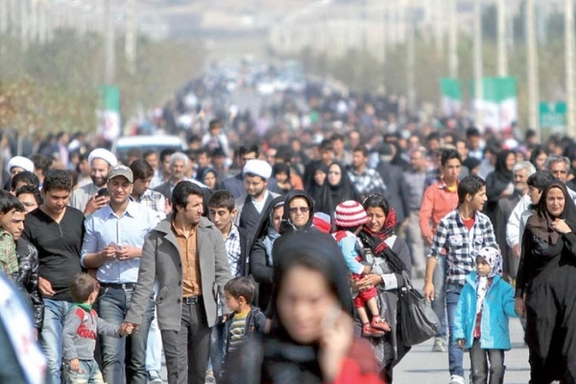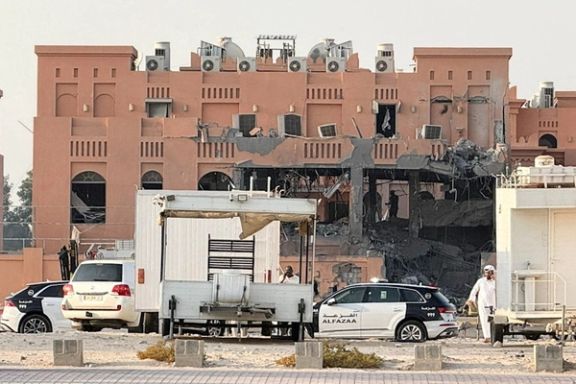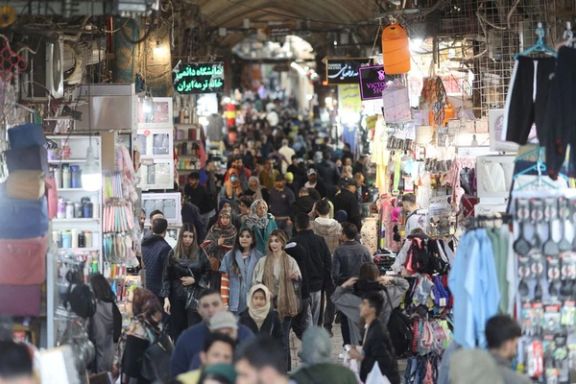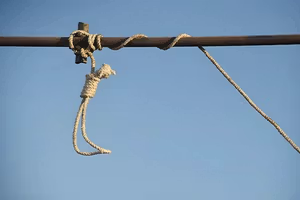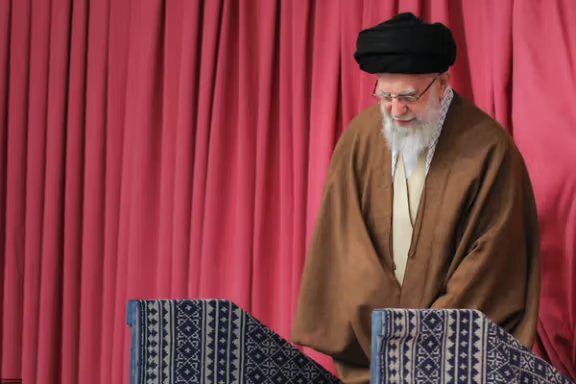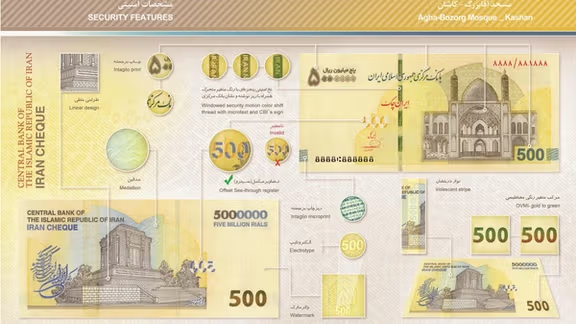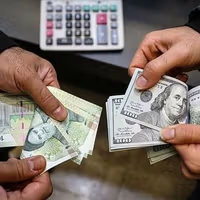The Israeli military had earlier taken responsibility for the attack, saying it targeted what it called the "senior leadership of the Hamas terrorist organization" and that steps were taken to reduce civilian harm.
Iran's President Masoud Pezeshkian strongly condemned the attack as an "illegal, inhumane, and anti-peace action", saying it shows Israel "recognizes no limits to crime and terror, and destroys every attempt at diplomacy."
He called on the United Nations, the Organization of Islamic Cooperation, and other international bodies to respond to what he called a blatant aggression with immediate, decisive, and practical action.
"Attacking an independent country is a clear violation of national sovereignty and the UN Charter," Pezeshkian said, more than two months after Iran attacked a US base in Qatar during its 12-day war with Israel.
Iranian foreign ministry spokesman Esmaeil Baqaei also said "this action by the Israeli regime is a continuation of the crimes it has committed by violating all norms and international rules."
"This action is extremely dangerous and criminal; a blatant violation of all international laws and regulations, an infringement of Qatar’s national sovereignty and territorial integrity, and an attack on Palestinian negotiators."
Hamas has long based its political leadership in the gas-rich Persian Gulf state, which has traditionally served as a mediator in regional conflicts.
Khaled Qaddoumi, the Hamas representative in Iran, said the attack it described as an assassination attempt had failed and showed US perfidy.
“As always, the US government does not honor its commitments and consistently paves the way for the Israeli regime’s terrorist actions by creating the illusion of negotiations and offering superficial proposals," Qaddoumi was quoted as saying by Iranian state media.
"This time too, while the leadership of the movement was reviewing what was called the American plan in Doha, the occupying forces attacked the movement’s headquarters in a country that is one of the most important mediators, with US coordination.”
Hamas's ceasefire negotiation delegation survived Israeli attack, Reuters reported citing sources. There were no specific official comments on any casualties by Qatar or Hamas.
Negotiations to end the nearly two-year-old war in Gaza had been entering a critical new stage, with US President Donald Trump urging Israel and Hamas to agree to a prisoner exchange and ceasefire.
'Chieftains'
Speaking on X after the Doha attack, Israeli Prime Minister Benjamin Netanyahu appeared to stress there was no involvement by the United States, whose Mideast military hub is in Qatar.
"Today's action against the top terrorist chieftains of Hamas was a wholly independent Israeli operation," he said. "Israel initiated it, Israel conducted it, and Israel takes full responsibility."
Netanyahu on Monday visited the site of a deadly shooting by Palestinian gunmen on a bus in Jerusalem in which six people were killed, vowing to crush the Jewish state's enemies.
Iran and its regional affiliates have suffered multiple blows at the hands of its arch-foe in the regional conflagration which erupted since Hamas's October 7, 2023 attack on Israel.
A 12-day surprise Israeli campaign against Iran in June battered the Islamic Republic's military and nuclear infrastructure and killed hundreds of civilians and military personnel along with several top nuclear scientists.
32 Israelis were killed in Iranian counterattacks.
US attacks on three key Iranian nuclear sites capped off the war, and a retaliatory missile salvo caused damage deep inside a US airbase in Qatar, destroying a cutting-edge communications hub.
Iranian Supreme Leader Ali Khamenei this month sought Qatari mediation in talks with the West, multiple sources told Iran International, as Tehran signals rare flexibility on its enriched uranium as part of efforts to avert looming UN sanctions.
